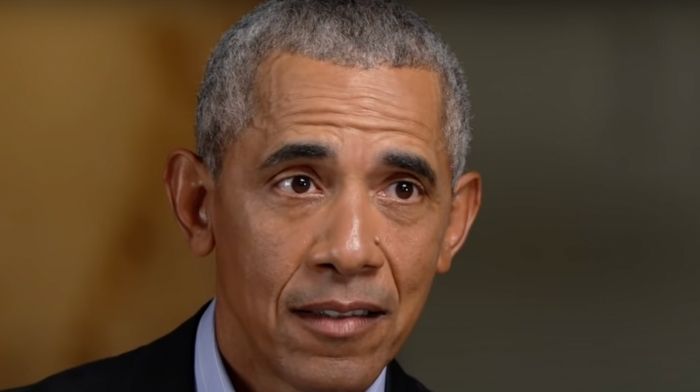By Bethany Blankley (The Center Square)
A federal judge in Texas has now ruled twice that the Obama-era Deferred Action for Childhood Arrivals (DACA) program is illegal.
U.S. District Judge Andrew Hanen wrote, “While sympathetic to the predicament of DACA recipients and their families, this Court has expressed its concerns about the legality of the program for some time. The solution for these deficiencies lies with the legislature, not the executive or judicial branches. Congress, for any number of reasons, has decided not to pass DACA-like legislation … The Executive Branch cannot usurp the power bestowed on Congress by the Constitution — even to fill a void.”
Hanen first ruled DACA was illegal in 2021 in a case that was appealed to the Fifth Circuit. Before the court ruled, the Biden administration said it changed the policy and issued a rule change to implement its “2.0” version. Last December, Texas Attorney General Ken Paxton led a coalition of states challenging the Biden administration’s resurrection of DACA.
“The Biden Administration is once again attempting to ignore the rule of law by abusing executive authority to implement its own version of mass amnesty,” Paxton said last December. “But the fundamental issues with Obama’s DACA program are present in the Biden rule, and this complaint will move us one step closer to ending DACA in its totality.”
Judge Hanen on Wednesday, agreed again. He ruled DACA is illegal; only Congress can enact such a policy.
Related: 5th Circuit Hands Texas Major Immigration Win, Ruling DACA Is Unconstitutional
Former President Barack Obama created DACA through executive order in June 2012. It allowed hundreds of thousands of minor foreign nationals who were brought into the US illegally to have the ability to apply for a two-year renewable application with the federal government to prevent their deportation. Numerous reports suggest between 700,000 and 800,000 people living in the US are DACA recipients. The Los Angeles Times reports there are 578,680 DACA recipients on record with the U.S. Citizenship and Immigration Services as of March of this year.
In his 2021 ruling, Hanen blocked the federal government from accepting new DACA applications. His ruling on Wednesday extended the current injunction put in place and doesn’t impact current DACA recipients. Hanen also rejected a request made by the coalition of states to end DACA within two years.
Thomas Saenz, president and general counsel of the Mexican American Legal Defense and Educational Fund, representing DACA recipients who sued, said,“ Judge Hanen has consistently erred in resolving both of these issues, and today’s ruling is more of the same flawed analysis. We look forward to continuing to defend the lawful and much-needed DACA program on review in higher courts.”
White House Press Secretary Karine Jean-Pierre said, “We are deeply disappointed in today’s DACA ruling from the District Court in Southern Texas. As we have long maintained, we disagree with the District Court’s conclusion that DACA is unlawful, and will continue to defend this critical policy from legal challenges. While we do so, consistent with the court’s order, DHS will continue to process renewals for current DACA recipients and DHS [the Department of Homeland Security] may continue to accept DACA applications.”
Related: Biden: I Will Immediately Push To Grant Citizenship To 11 Million Illegal Immigrants
Judge Hanen’s ruling blocks DHS from accepting new DACA applications.
The case is expected to go to the U.S. Supreme Court where the court would rule on DACA for a second time.
In June 2020, the high court ruled against the Trump administration in a lawsuit filed in response to then-Attorney General Jeff Sessions declaring DACA was illegal and unconstitutional. In 2017, Sessions tried to end it, the DOJ was sued, and the case ended up at the Supreme Court.
In a 5-4 decision, Justice John Roberts wrote for the majority, “We do not decide whether DACA or its rescission are sound policies. The wisdom of those decisions is none of our concern. Here we address only whether the Administration complied with the procedural requirements in the law that insist on ‘a reasoned explanation for its action,’” which it argued the administration didn’t do.
Syndicated with permission from The Center Square.


